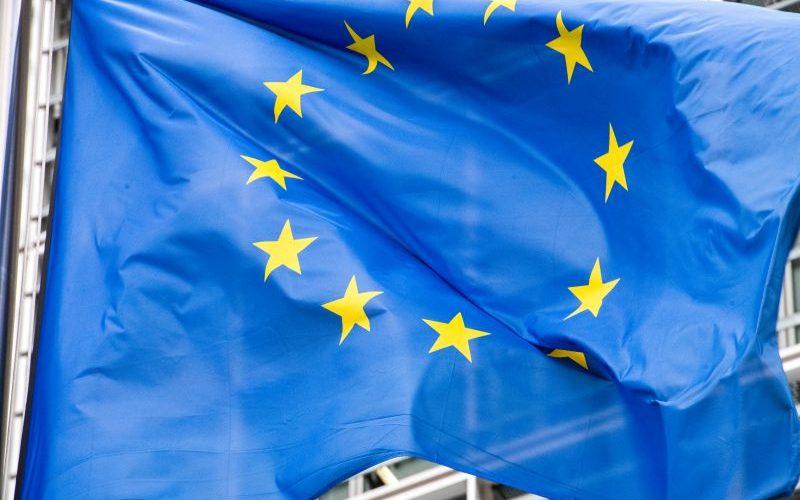The Council of the European Union has formally adopted the ‘Stop-the-Clock’ directive, a key measure under the Commission’s broader ‘Omnibus I’ simplification package aimed at easing regulatory burdens and enhancing competitiveness across the bloc. The directive will delay certain corporate sustainability reporting and due diligence obligations, offering much-needed legal certainty for businesses.
As part of the initiative, the entry into application of the Corporate Sustainability Reporting Directive (CSRD) will be postponed by two years for large companies that have not yet begun reporting, as well as for listed small and medium-sized enterprises (SMEs). Additionally, the Corporate Sustainability Due Diligence Directive (CSDDD) will see its transposition deadline and first implementation phase—targeting the largest companies—delayed by one year.
“This is an important first step towards cutting red tape, providing legal certainty to our companies and making the EU more competitive,” said Adam Szłapka, Poland’s Minister for the European Union. “Today we delivered on our promise regarding simplification of EU laws.”
The Council and the European Parliament treated the measure as a legislative priority, mindful of its significance for the business sector, particularly those navigating new ESG reporting standards. The delays are intended to allow legislators more time to negotiate substantive amendments to both directives, also tabled under the Omnibus I package.
The directive will enter into force the day after its publication in the EU’s Official Journal. Member states must transpose it into national law by 31 December 2025.
This regulatory shift follows a broader call from EU leaders for a “simplification revolution,” as articulated in the Budapest Declaration of November 2024. It also responds to recommendations from high-level reports by Enrico Letta and Mario Draghi, both of which emphasised the need for a streamlined and business-friendly regulatory framework to bolster European competitiveness.
















